Meetup#5 Server Co-op Stage 2
Since July 2018, Agorama has been investigating the possibilities of peer-2-peer (p2p) network infrastructure, while striving to establish a distributive autonomous network of platforms for creative exploration. Currently located at Rebecca’s Flat (Raven Row Gallery), the collective has been organising regular p2p web meet-ups for anyone interested in the distributed Internet and facilitating the development of alternative grass roots models for digital communication. The aim is to form a community interested in experimenting, developing and maintaining a distributed Internet infrastructure.
Reflection on Stage: 1
The initial stage for the Server Co-op focused was on community building and explore together current activities happening in the open source community that revolved around the development of new Internet protocols - particularly those that focused on peer to peer communication. At the heart of the World Wide Wed (WWW) there are various protocols in use which we take for granted such as HTTP, which allow for our computers (and smart phones) to speak with each other. The creator of the web, Sir Tim Berners-Lee, devised WWW’s system protocols on the basis of establishing a one to many connection. This fundamental ideas is what propelled the Web to be, at least in our current time, a powerful platform for broadcasting.
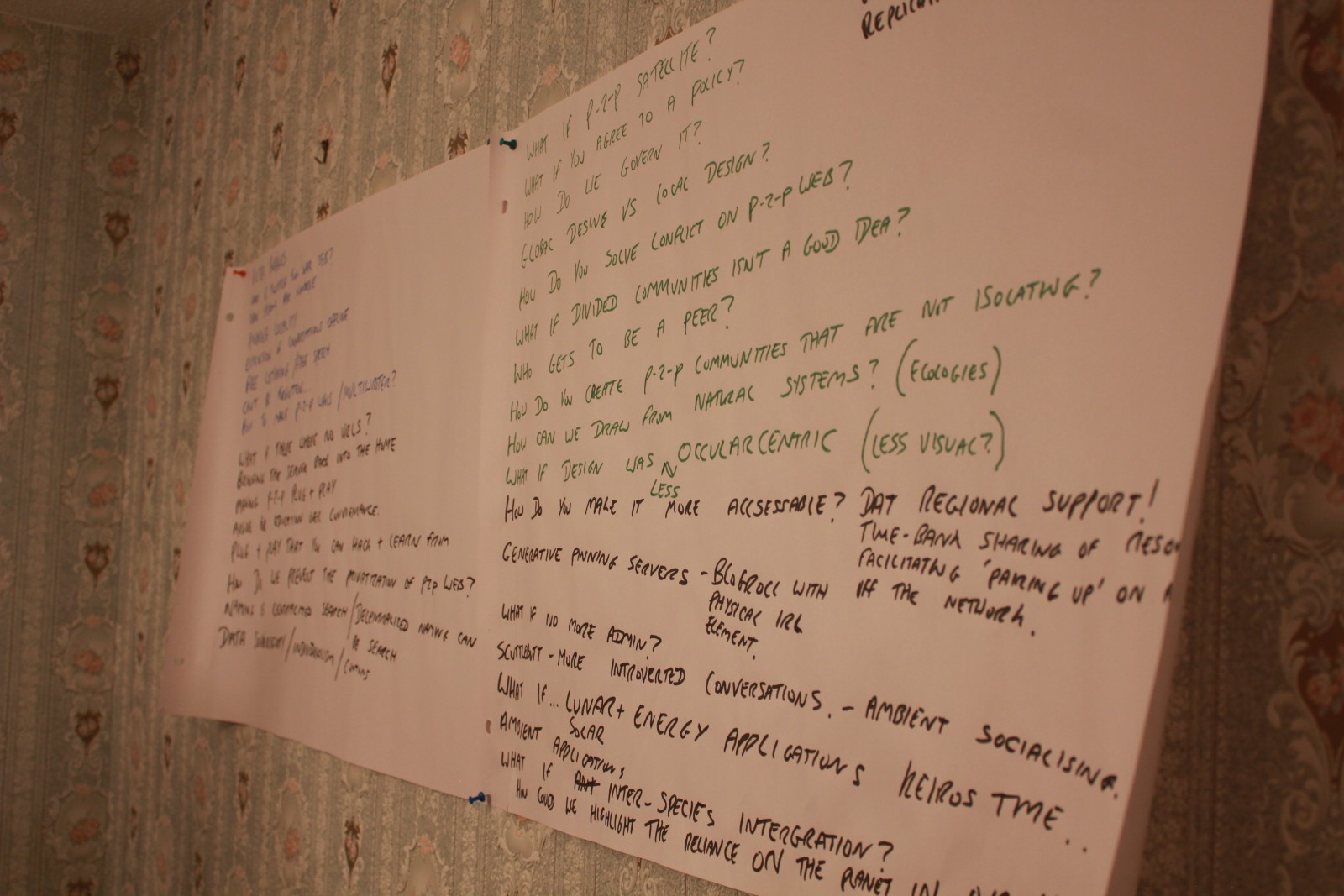
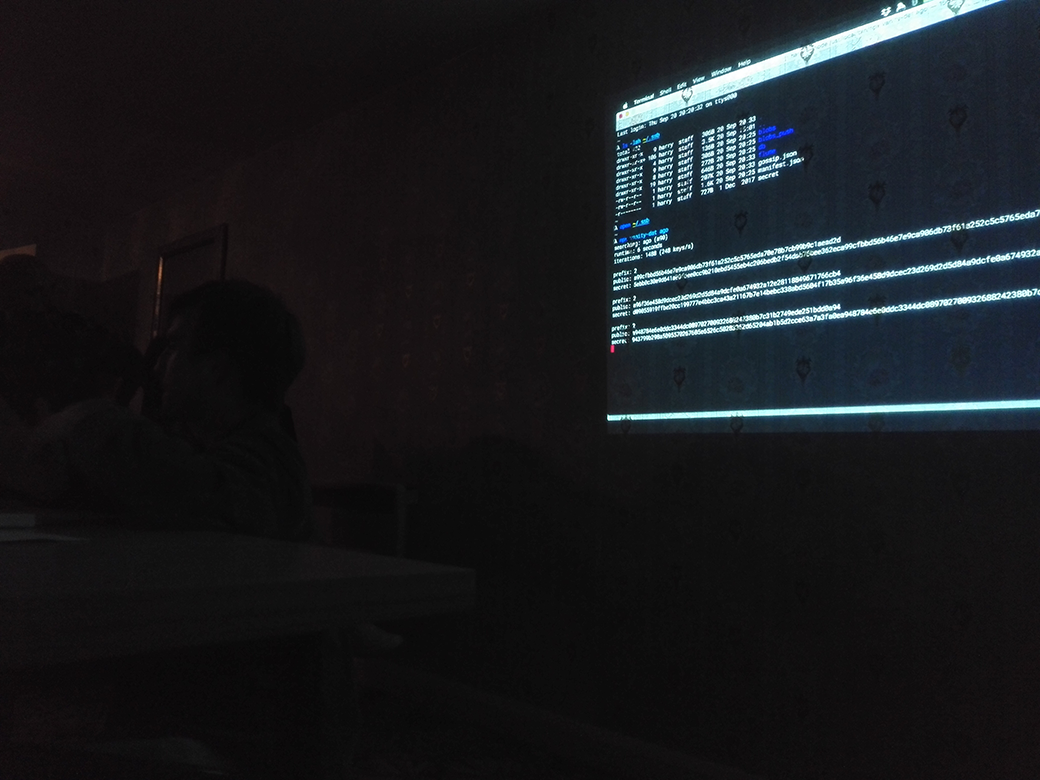
Yet, at the same time - which can be felt from recent political judicial hearings amongst other events - the web isn’t as open and free as once thought… It was with this thought in mind and the desire the Server Co-op was born.
For the last 6 to 8 months the co-op has been able to run monthly meet-up, each one geared to exploring another part of the peer to peer ecosystem… Leading to the group to learn about parallel communities and projects engaging with the same subject, for example Samiz Dat, alternative protocol projects such as Secure Scuttlebutt, and finally culminating in a weekend-long makers/think-tank session.
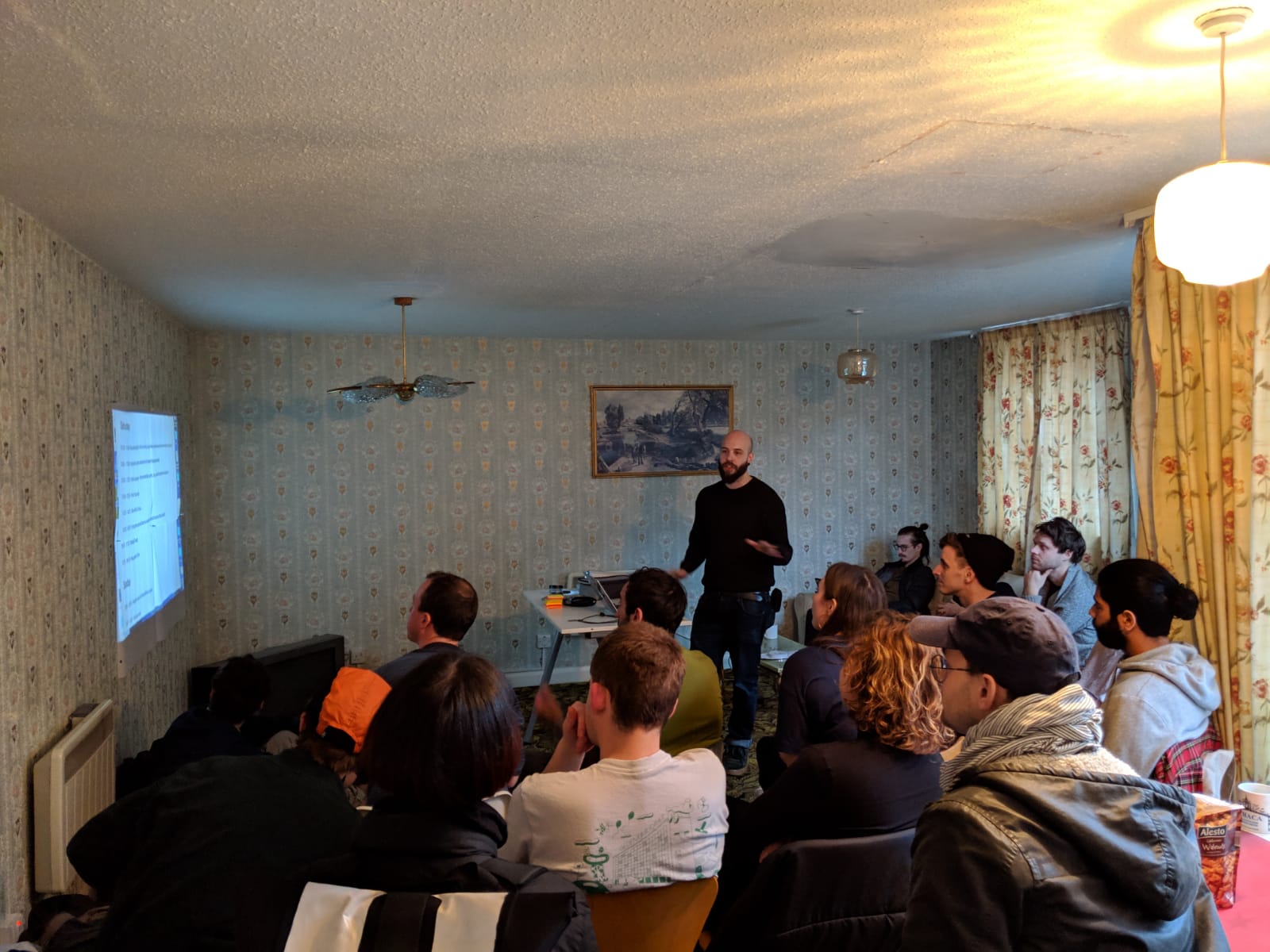
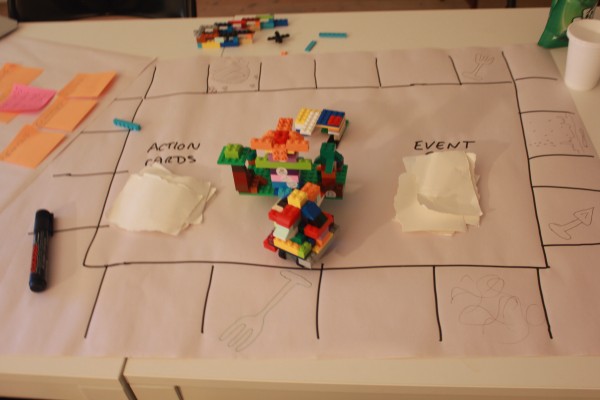
Stage: 2
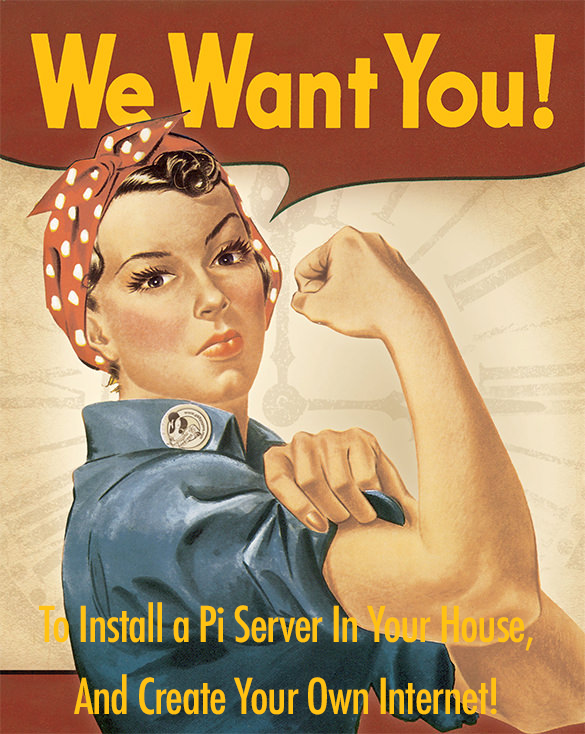
That’s right we need you!
At the heart of the co-operative is the idea for self-sustainability through knowledge and education. Through these means Agorama has focused most of its research time in learning, devising tutorials, and the base-software/resource needed for anyone to establish their own home server.
Our main intention is to streamline our experimentation with Raspberry Pi’s as a personal server and roll out a comprehensive installation and setup materials, or the option of Agorama building a personal Pi Server for co-op members that might find the task a bit daunting.
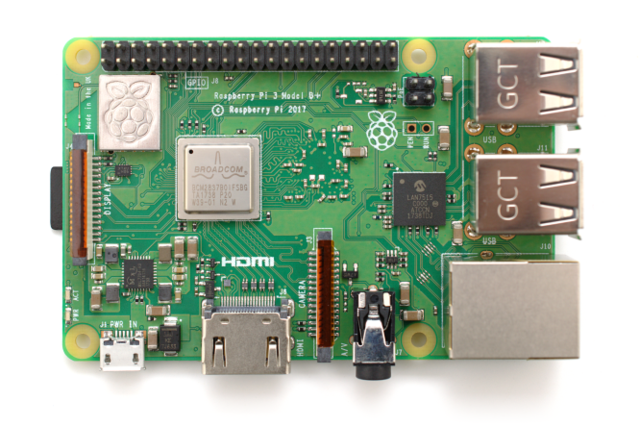
Thus far the established base resources (located on the Agorama Github page), which Agorama would like to progress with further are:
-
Dat Protocol Homebase Server(fork for the time being from @beaker/homebase): This base software is the core of the Pi Server. It is the server software which allows for a Pi Server to connect to the p2p web, and, to the regular web.
-
Frontend User Interface: A homebrew user interface developed by Agorama for easier usage of Pi Server. Allows for owner(s) to access Pi Server through a browser and add content like websites, or documents to the server. Can be attached directly to a Pi Server or be self-hosted separately with the use of a browser that allows self-hosting, like Beaker Browser, check it out!
Further to this, Agorama also has the ambition to establishing an autonomous p2p cloud service (fork for the time being from @beaker/hashbase), and provide a potential hub to support the community, while also establishing a low barrier of entry for individual, parties, or organisations to get started on the p2p web.
Finally, in a more recent development, Agorama has devised a homebrew program for keeping track of this budding co-operative network and the content it’ll be serving to Internet goers: Distributive Server Co-op map.
…to access link please hold control (Win or Linux), or Cmd (OSX) while clinking to open new browser tab…
Agorama’s Roadmap
- Initiate a series of workshops on “How to build your own Pi Server” (immediately)
- Complete UI Frontend for Pi Server (by end of April, 2019)
- Streamline self setup process for Pi Server (by end of May, 2019)
- Start getting Pi Server’s in the hands of co-operative members (by mid June, 2019)
- Build and establish initial cloud service instance (by end of June, 2019)
- Launch prototype p2p network! (end of July, 2019)
